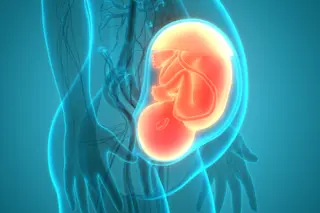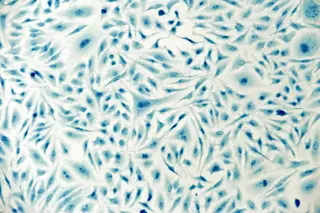In my persistent slog beating the drums for open genomics I've made the argument that
people should have the right to have more information about what their genetic code entails without the necessary and mandatory imprimatur of professional assent.
Not only that, but I'd want to know myself. This is not a new found position which I've come to of late. I recall 17 years ago having a classroom discussion on this topic in the wake of the tests for Huntington's disease, and I was certainly pro-knowledge. That being said, there were conditionals. My position was that this sort of information would be the most useful for the young, because they could determine the arc of their life with full knowledge of their probable time window. A friend argued that ultimately you should always live every day as if it is your last day anyhow, so why get tested? This ...













